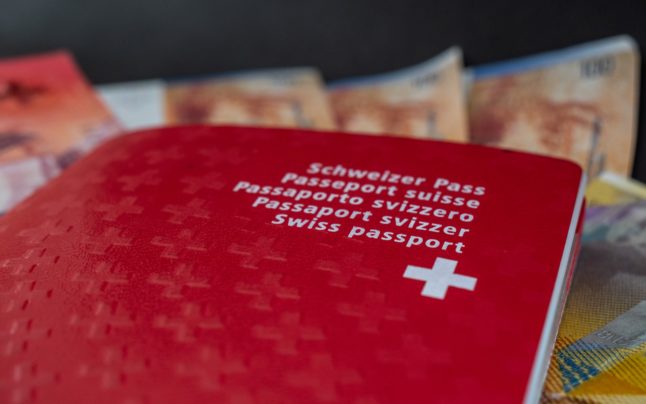Around 1.4 million EU citizens live in Switzerland on permanent basis, and another 340,000 cross the border daily to work in the country.
Conversely, about 400,000 people with Swiss citizenship live in the European Union, which means the immigration is higher than emigration.
Whether you move abroad for professional or personal reasons, you should keep some things in mind.
Wages
If you are going to be working in one of the EU states, know that while your income may be sufficient for that (or possibly other) EU countries, it will not be enough to live in Switzerland.
That’s because Switzerland is a notoriously expensive country, so you won’t be able to live here unless you make a Swiss wage (and sometimes even then).
But the cost of living is generally lower abroad, and your EU salary will go farther there than here.
The exception is if you work in Switzerland but live abroad (as is the case with cross-border workers). If you do, even an average Swiss salary will allow you to live very well.
Citizenship
If you decide to get naturalised in your new country but want to keep your Swiss passport as well, this will be possible in most of the EU.
The only nations that don’t allow dual nationalities are Austria, Bulgaria, Czech Republic, Denmark, the Netherlands, and Spain.
If you move to one of those countries, you will either have to forego naturalisation, or give up your Swiss citizenship — with all the consequences this will incur.
Military service
Swiss nationals who live and work abroad are exempt from the military service obligation in times of peace.
They can do military service on a voluntary basis.
However, they are liable to pay military service exemption tax to the Swiss government instead. which amounts to 3 percent of their annual income.
Men over 30 are exempt from this tax.
You can find more information about it in this link.
READ ALSO: Switzerland’s strangest taxes – and what happens if you don’t pay them
Health insurance
You no longer have to pay Swiss health insurance premiums, so that’s a huge saving right there.
However, you have to comply with whatever government-sponsored plan is in place in your country of residence.
The good news is that with your European Health Insurance Card (EHIC), you are entitled to receive free medical care if you get ill while visiting Switzerland.
Or, if you prefer to keep an unlimited access to Swiss health system, some providers offer basic health insurance to Swiss citizens living in EU.
For Swiss pensioners residing outside of Switzerland, the rules differ depending on which country they live in.
If you are a retired Swiss national living in the EU and receive your entire pension from Switzerland, you are required to keep your Swiss health insurance, according to Moneyland consumer platform.
However, “if you receive even part of your pension from the country you reside in, you will have to take out health insurance in your country of residence,” Moneyland said.
If you live in Germany, France, Italy, Austria or Spain, “you can choose to get health insurance in your country of residence regardless of whether you receive your pension from Switzerland or from the country in which you live.”
Taxes
You will have to pay taxes in your country of residence, which is not really of benefit to you, as they are quite a bit higher in the EU than in Switzerland
In certain situations , however — for instance, if you own property in Switzerland — you will still owe some money here.



 Please whitelist us to continue reading.
Please whitelist us to continue reading.
Czech Republic does allow dual citizenship. Since 2013.